OKI, Taikan
Truth about Water Crisis

Water plays a key role in sustainable development and is directly related to the prosperity of a society as well as the stability of the world, as can be seen in areas such as: access to safe drinking water; the use of improved hygiene facilities; stable access to water for our wholesome and cultured living; water for manufacturing and agricultural productions; securing water that is indispensable for energy production and the preservation of Eco-system. It is unpredictable whether we will be able to accommodate an increased demand for water as the number of populations in the developing world rises and their economies grow. It is also unpredictable whether we will be able to deal with the changing cycle of water precipitated by climate change. However, looking back at our past, it is estimated that the number of people without access to safe drinking water has dropped from 1.1 billion to approximately 0.8 billion, despite the rise of total population in the world. This is a result of global efforts at solving problems related to water, which continue to intensify with the increase of world populations and their concentration in urban areas. While reducing the use of water in Japan does not translate into an increased supply in other parts of the world that are in need, Japan's knowledge, experience, technology and human resources that have been maintaining the social infrastructure for safe, easy and stable supply of water over the years should prove useful. Let us think for ourselves what we can do to create the sustainability for the humanity.
[Instructor]
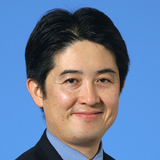
Professor at the Institute of Industrial Science, the University of Tokyo
Professor Oki has been serving in his current position since 1997, after serving as an Assistant, a Lecturer and an Assistant Professor at the Institute of Industrial Science, the University of Tokyo. He spent 2 years as a Visiting Scientist at NASA's Goddard Space Flight Center. His area of specialty is the global system of water circulation. In particular, he is interested in the remote censoring of wide land surface hydrology, the modeling and monitoring of global water circulation and water balances, the global assessment of water resources from the present toward the future, virtual water trade, Millennial Sustainability Studies with a focus on water, etc. He now serves as an experienced expert in the Panel on Infrastructure Development of National Land Council. He is a leading author of the IPCC (Intergovernmental Panel on Climate Change) Fourth Assessment Report. In 2008 he received the Japan Academy Medal from the Japan Academy.






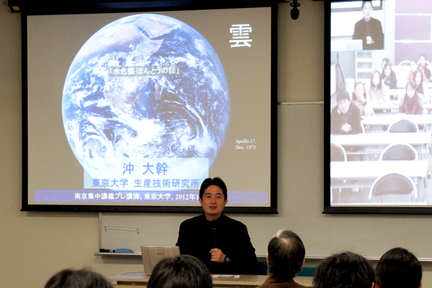
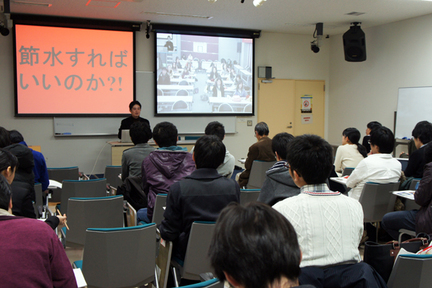
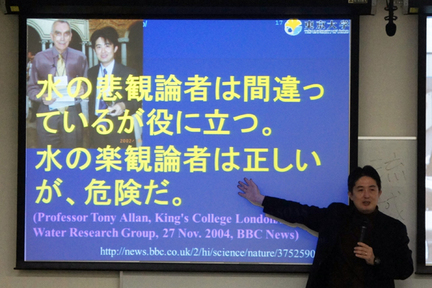
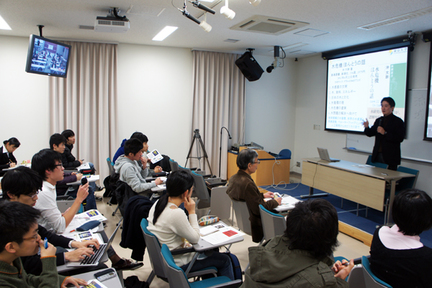

Post a Comment